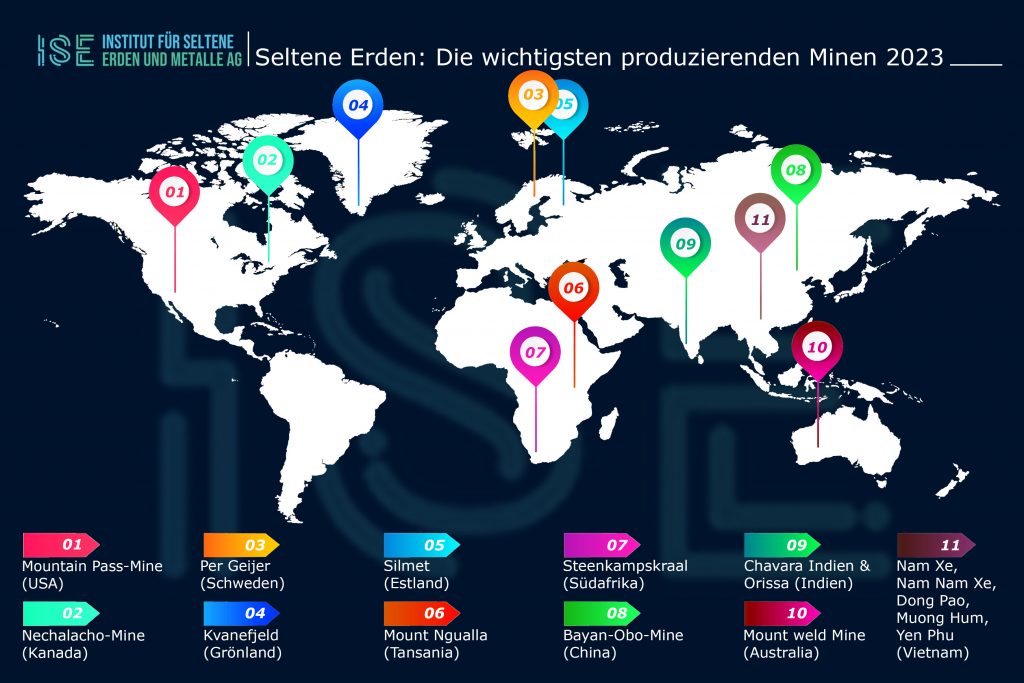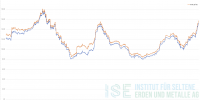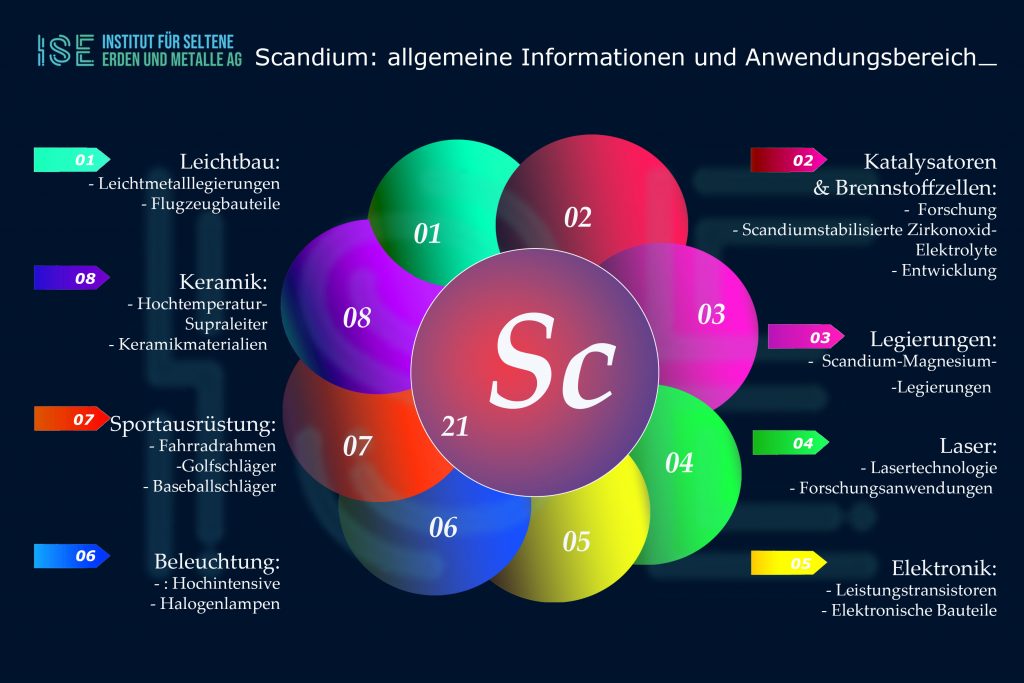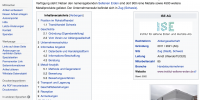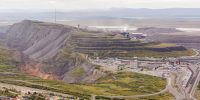China is considering rare earth reserves for price stabilization
 14.06.2012/XNUMX/XNUMX Institute for Rare Earths and Metals - China caught the attention of investors earlier this month by announcing that it was considering introducing a national inventory reserve to stabilize rare earth prices.
14.06.2012/XNUMX/XNUMX Institute for Rare Earths and Metals - China caught the attention of investors earlier this month by announcing that it was considering introducing a national inventory reserve to stabilize rare earth prices.
In another announcement, the government confirmed the possible introduction of a new tax to control sales and production.
China's domestic demand for rare earths fell heavily in 2011 due to Beijing's increased production control. This resulted in many disconnect systems having to close as customers were unwilling to pay the record prices.
Mechanism for free trade
According to local media, the Ministry of Industry and Information Technology will explore the establishment of such a reserve and Chinese industries will establish a rare earth trading platform based on a free trade mechanism.
Industrial companies are obliged, at a certain price decline, to buy and hold rare earths according to a fixed mechanism. When prices rise again to a set price level, these industries are obliged to sell the rare earths. According to unknown sources, a plan of how this system will work after talks with local rare earth operations is expected.
This system will undoubtedly have an impact on an already troubled market. Some analysts believe that this approach could make the already tense relationship between East and West even more difficult. The climax of this tension was reached when the United States, the EU and Japan led the World Trade Organization to object to China's view of China's restrictive, rare earth policy.
Lack of transparency
The timing chosen for these measures may be questionable, but the concept is by no means completely new. According to a report in the Wall Street Journal, the reserve theory is based on the concept of the supply economy, which is also used by the Chinese authorities in other areas, such as copper and grain. In fact, many governments around the world have built up reserves to overcome temporary bottlenecks.
Investors are concerned that such measures in China have often been associated with very little transparency in the past and seemed almost designed to manipulate prices.
Beginning 2011 gave China's State Council similar instruction to promote the rare earth industry, calling for the establishment of a strategic reserve. In addition, market participants pointed out that the country's largest rare earth producer, Inner Mongolia Baotou Steel Rare-Earth, had tried a similar strategy in the past and failed.
China Galaxy Securities, Beijing's largest brokerage firm, commented that the dramatic price volatility in 2011's industry had been 'extremely damaging' and had led to increased regulatory difficulties. She added that the back-up mechanism was helpful in controlling price fluctuations and illegal mining of rare earths.
Details about the country's ability to build supplies have never been publicized. However, China's plans became clear when state-run media reported that institutions in the province of Inner Mongolia alone are able to promote rare earths via 39.813 MT - far more than the sum of the rare earths that China exported to 2011.
Investors will be curious as to whether these measures will have an impact and an expansion of production, as was the case last year, when the intention to build a strategic reserve became known. In this case, rare earth companies worldwide reacted with a dramatic increase in the degradation of rare earths. Examples include Australia's Lynas Corporation (ASX: LYC) and the US-based Molycorp (NYSE: MCP).
Rare earth tax permits
In addition, investors are concerned about news from China that the government intends to grant rare-earth manufacturers VAT approvals to regulate overproduction and additional taxpayers' money. By issuing a VAT bill, the government will have complete control over which companies can export rare earths and what quantities they are allowed to export
Although it is still unclear how high this new VAT will be, this planned measure has already led to much criticism. Traders are sure that the export prices for rare earths will increase as a result. Once this tax is introduced, it will be impossible to get around it and the government will be able to tightly control and monitor the entire process from production to sale. According to reports, rare earth companies in Sichuan and Mongolia will be the first to receive such approval.
The coming months will be crucial for both investors and analysts. Hardly a week goes by without China announcing new legislation in a sector where it seems to be losing influence. Although the construction of rare earths is a dirty matter, more and more companies are trying to fill the gap in the market, which will increasingly elude China's influence.
About the Institute of Rare Earths and Metals eV
The Institute for Rare Earths sees itself as a network of contacts bringing together mining companies, licensing agencies, exploration companies, investors, end users and government agencies. The background of this goal is to counteract the ever-increasing scarcity of these elements through various export restrictions. More information at www.institut-seltene-erden.org

